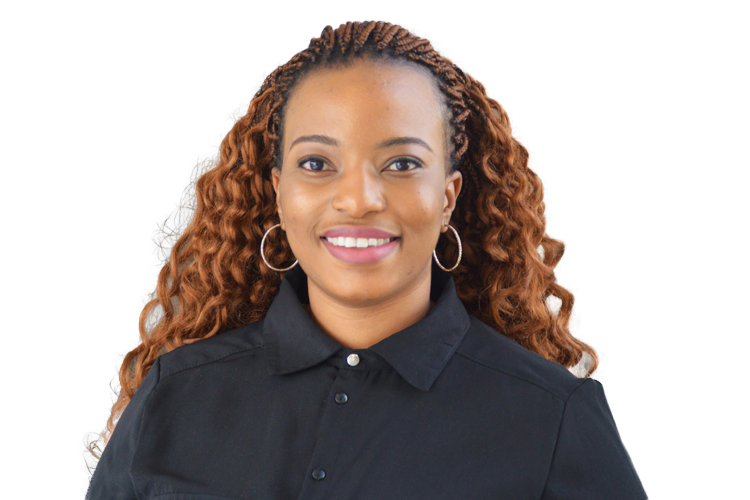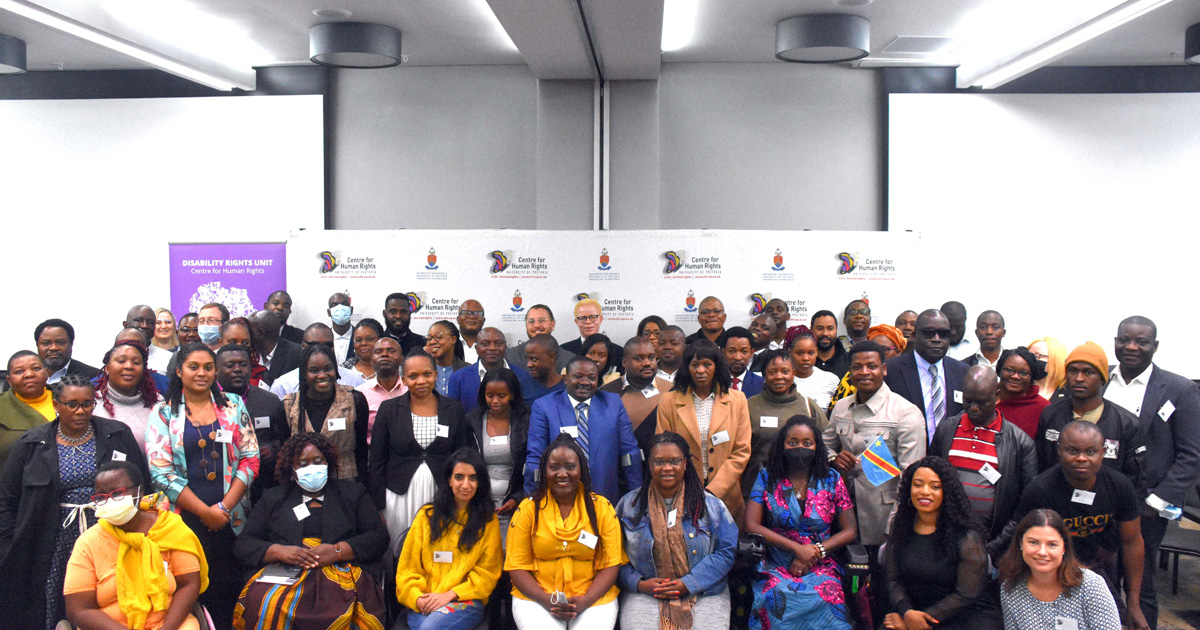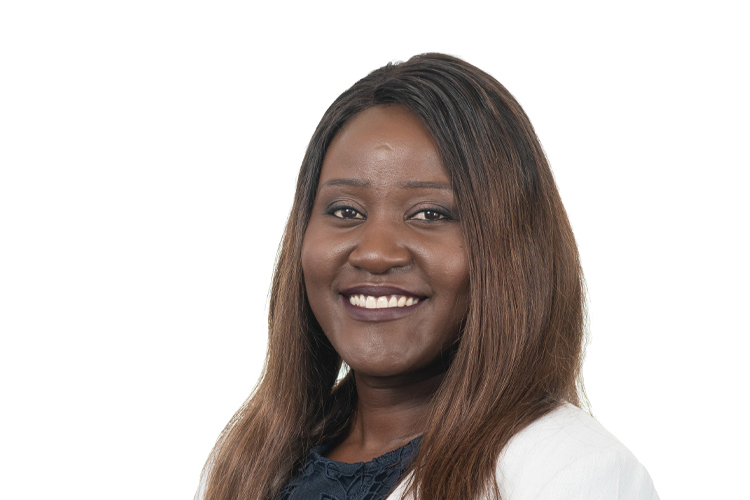The Disability Rights Unit, Centre for Human Rights, University of Pretoria held a two-day regional convening on Promoting access to justice for persons with intellectual and psychosocial disabilities in Southern Africa from 16 to 17 May 2022 at Capital Hotel Menlyn Maine in Pretoria, South Africa.
Persons with intellectual and psychosocial disabilities face numerous barriers to accessing justice on an equal basis with others. Among the many barriers to equal access to justice are legal barriers arising from the application of legal rules and procedures that have the effect of denying this population the right to access justice. According to the rules of criminal evidence and procedure, only witnesses who are competent to testify can give evidence in criminal courts. Persons with intellectual and psychosocial disabilities are considered as lacking testimonial competence and are therefore prevented from testifying in criminal courts, effectively denying them the right to access justice. The right to access justice is an important right enshrined in article 13 of the Convention on the Rights of Persons with Disabilities and Article 13 of the Protocol to the African Charter on Human and People’s Rights on the Rights of Persons with Disabilities in Africa, which was adopted by the African Union in 2018. The right is crucial for the vindication of all other human rights and fundamental freedoms and must be protected if persons with disabilities are to fully realise their human rights. In response, the Disability Rights Unit at the Centre for Human Rights held a two-day regional convening on Promoting access to justice for persons with intellectual and psychosocial disabilities in Southern Africa from 16 to 17 May 2022 at Capital Hotel Menlyn Maine in Pretoria, South Africa.
The objectives of the regional convening were three-fold. First, to raise awareness about the importance of access to justice and the barriers that persons with intellectual and psychosocial disabilities face. Second, to raise awareness about the negative impact of the provisions on testimonial competence on the enjoyment of access to justice. Third, to introduce alternative approaches to testimonial incompetence through the use of accommodations.
The convening brought together various stakeholders including law and policymakers, disabled people’s organisations, academics and members of the judiciary from southern African countries. The countries represented at the convening were Botswana, Malawi, Namibia, Zimbabwe, Lesotho, Zambia, Eswatini, Mozambique, South Africa and the Democratic Republic of Congo.
For more information please contact:
Tel: +27 (0)12 420 6398
dianah.msipa@up.ac.za

Tel: +27 (0) 12 420 6398 t.mavunga@up.ac.za



